
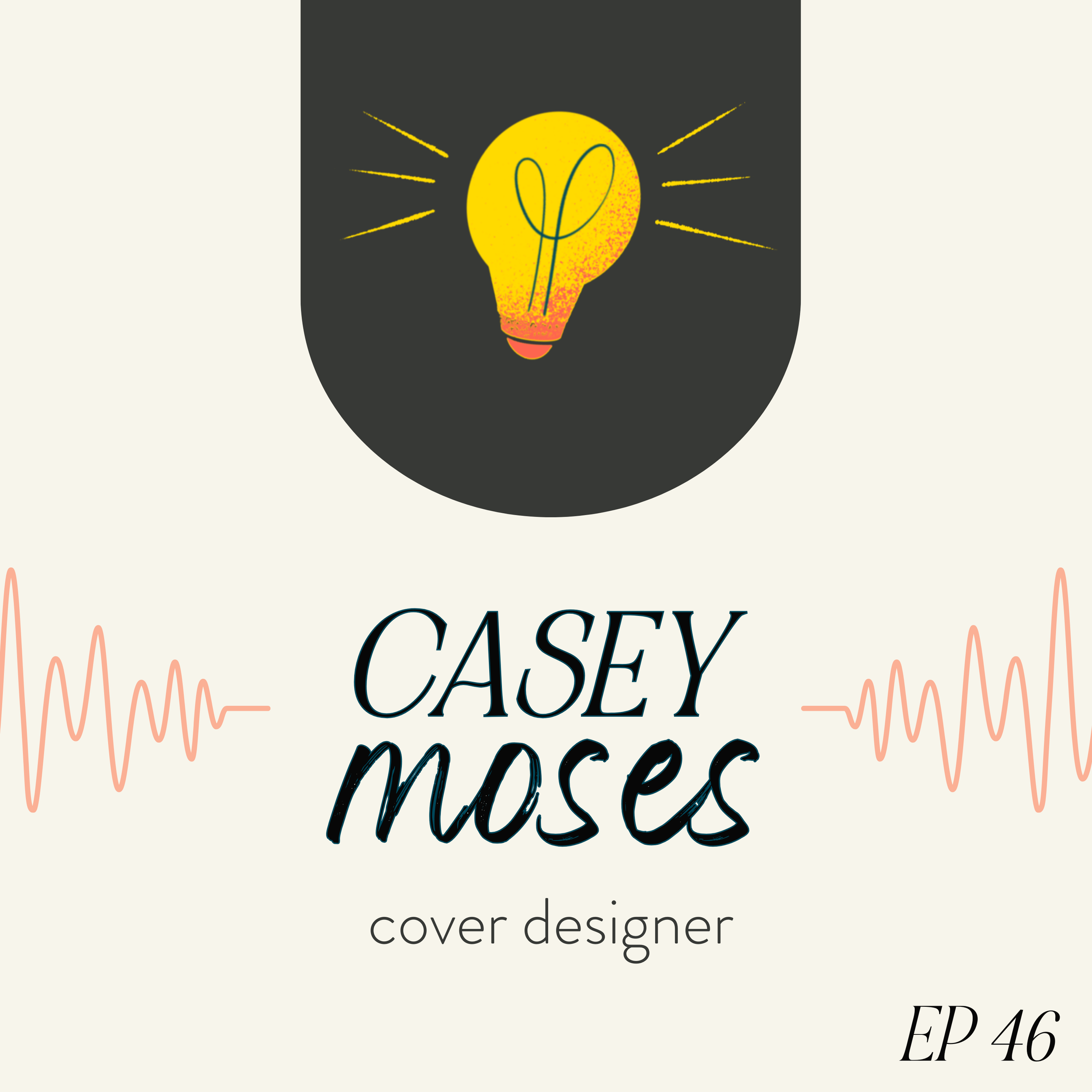
Episode 46: Casey Moses, Cover Designer
What’s the secret behind designing a bestselling YA book cover? Casey Moses, an Assistant Art Director at Penguin Random House, gives us some answers and provides insight into the role of a book cover designer. Listen to our in-depth conversation to learn about designing typography, special edition production, and the unusual methods for achieving perfect photoshoot conditions.
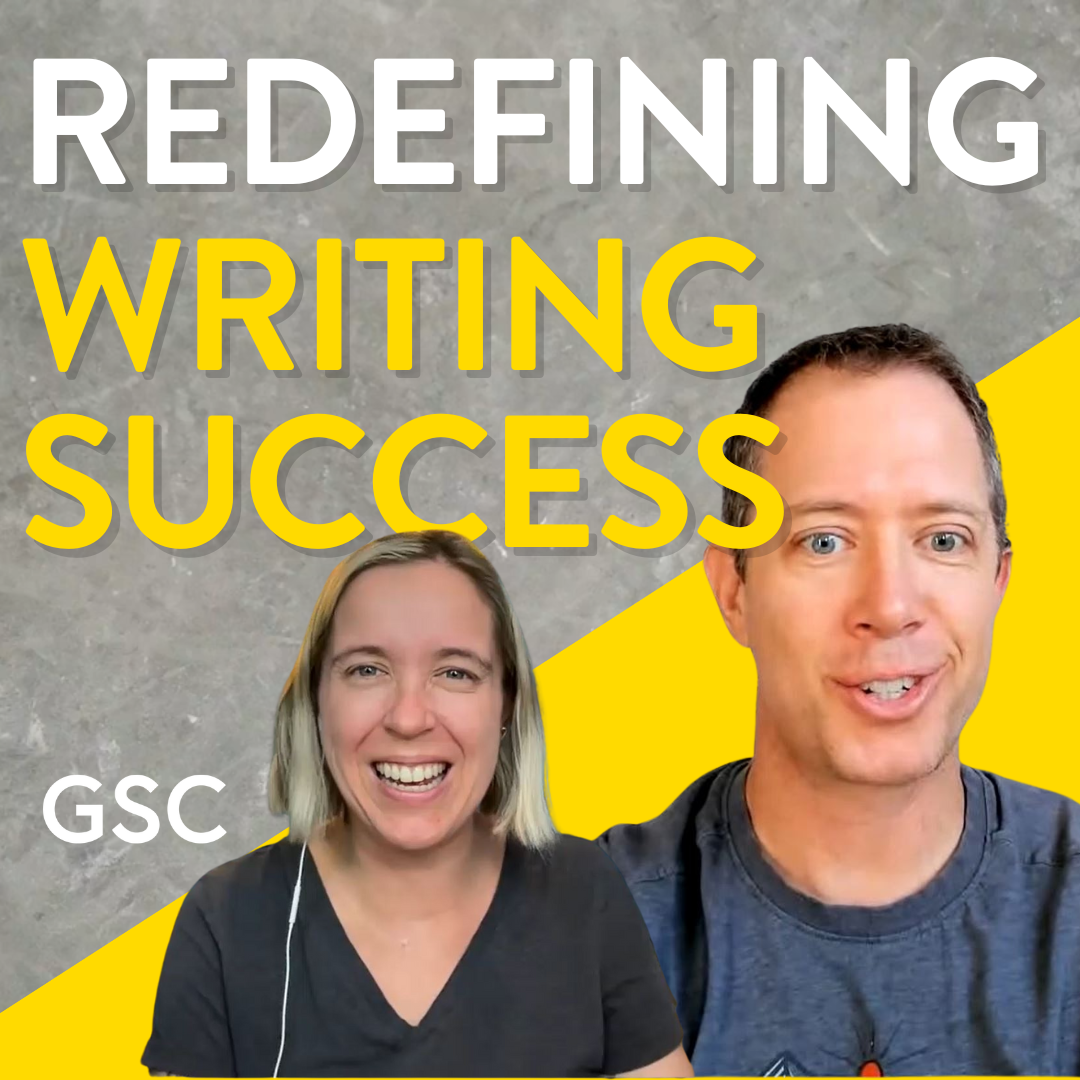
Episode 45: John Matthew Fox, Writer & Founder of Bookfox
Mary Kole is joined by writing expert John Matthew Fox to chat about his work helping authors and founding his company, Bookfox. Conversation topics include the different publishing paths available to writers, the benefits and drawbacks of traditional vs. self-publishing, the challenges of effectively marketing one's work, and going beyond commercial success.
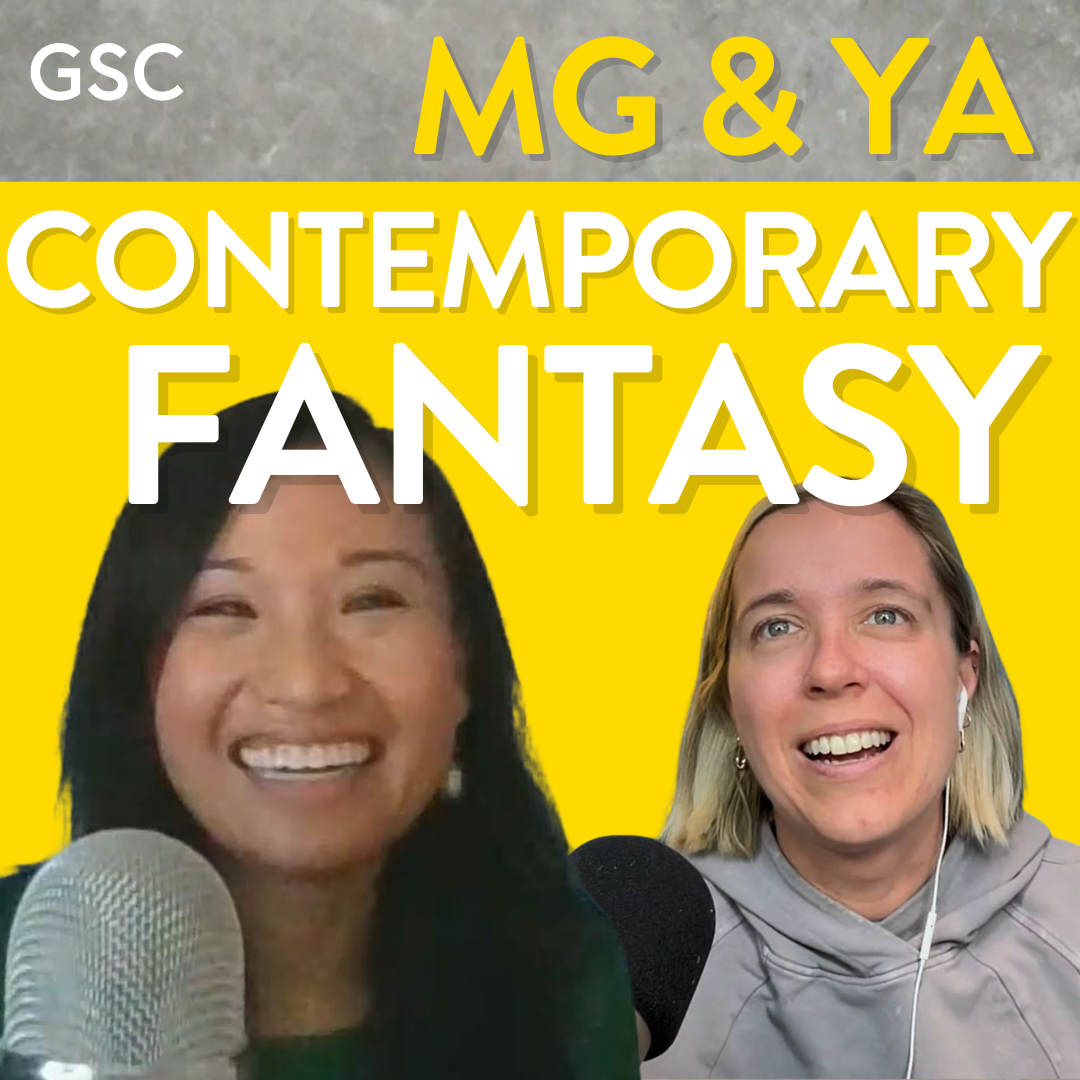
Episode 44: Tracy Badua, Middle Grade & YA Author
Despite the challenges of balancing writing with a day job and parenting, middle grade and YA author Tracy Badua keeps churning out adventurous contemporary fantasy stories. Tracy’s books explore themes of cultural identity, family expectations, and folklore, even drawing inspiration from Filipino superstitions she grew up with.
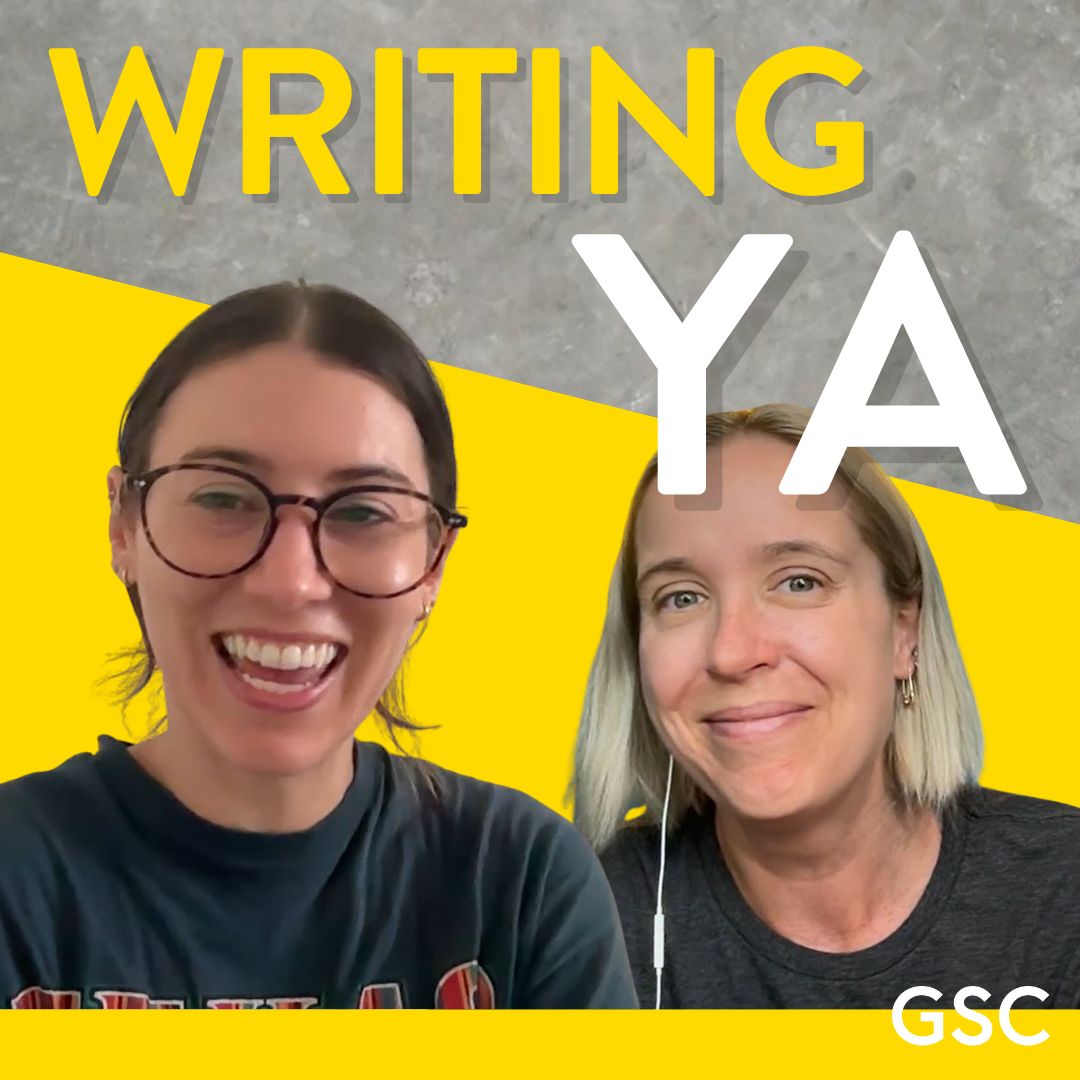
Episode 43: Farrah Penn, Young Adult Author
Young adult author Farrah Penn details her publishing journey, from striking out on submission to her debut novel. Listen in to this conversation for thoughts on the young adult genre, using tropes, crafting stakes and curveballs for your characters, and how screenwriting may help when writing a novel.
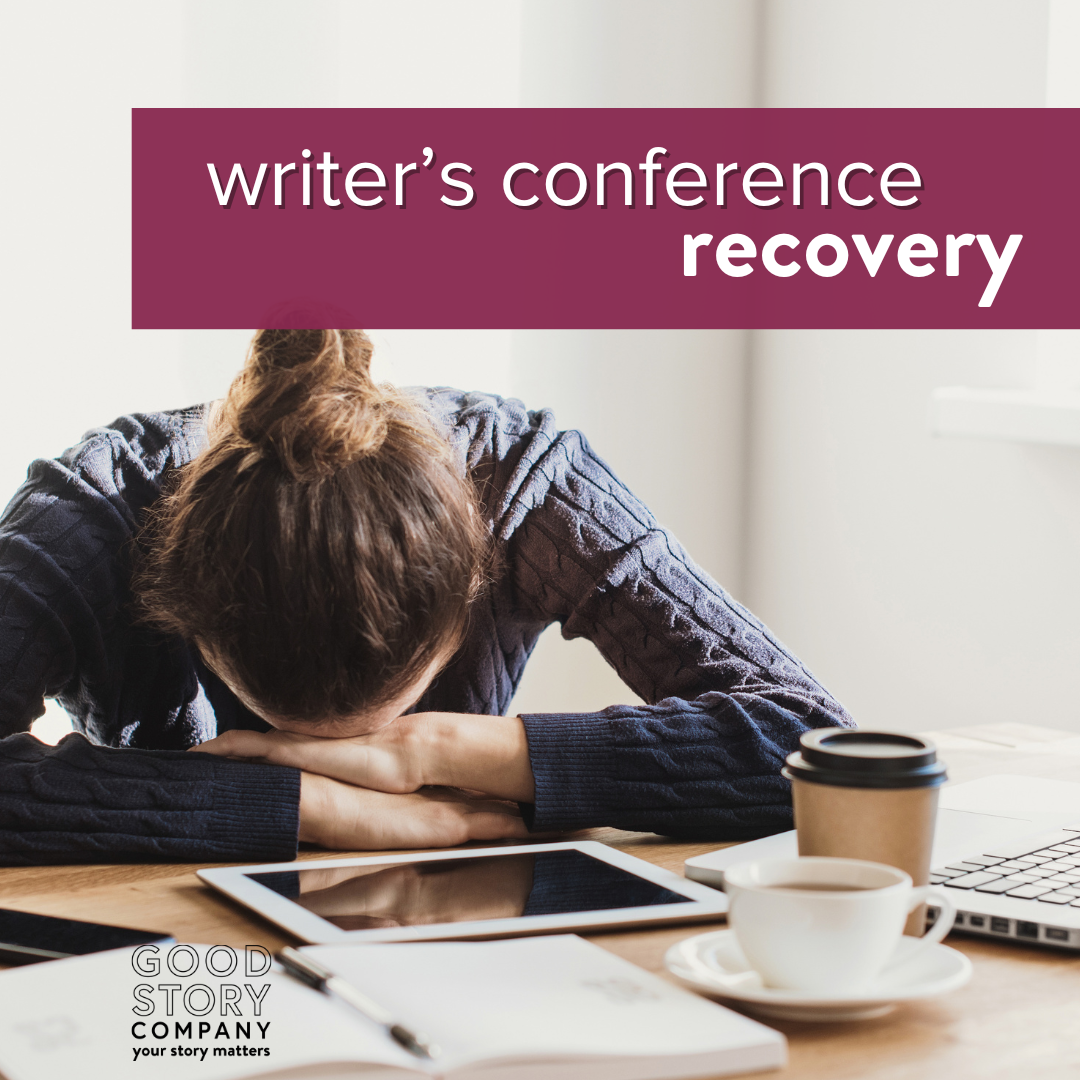
Writers Conference Recovery
There are plenty of articles online writers conference preparation—what to pack, what to wear, how to behave, and how to get the most out of your experience. But what about after the conference is over?
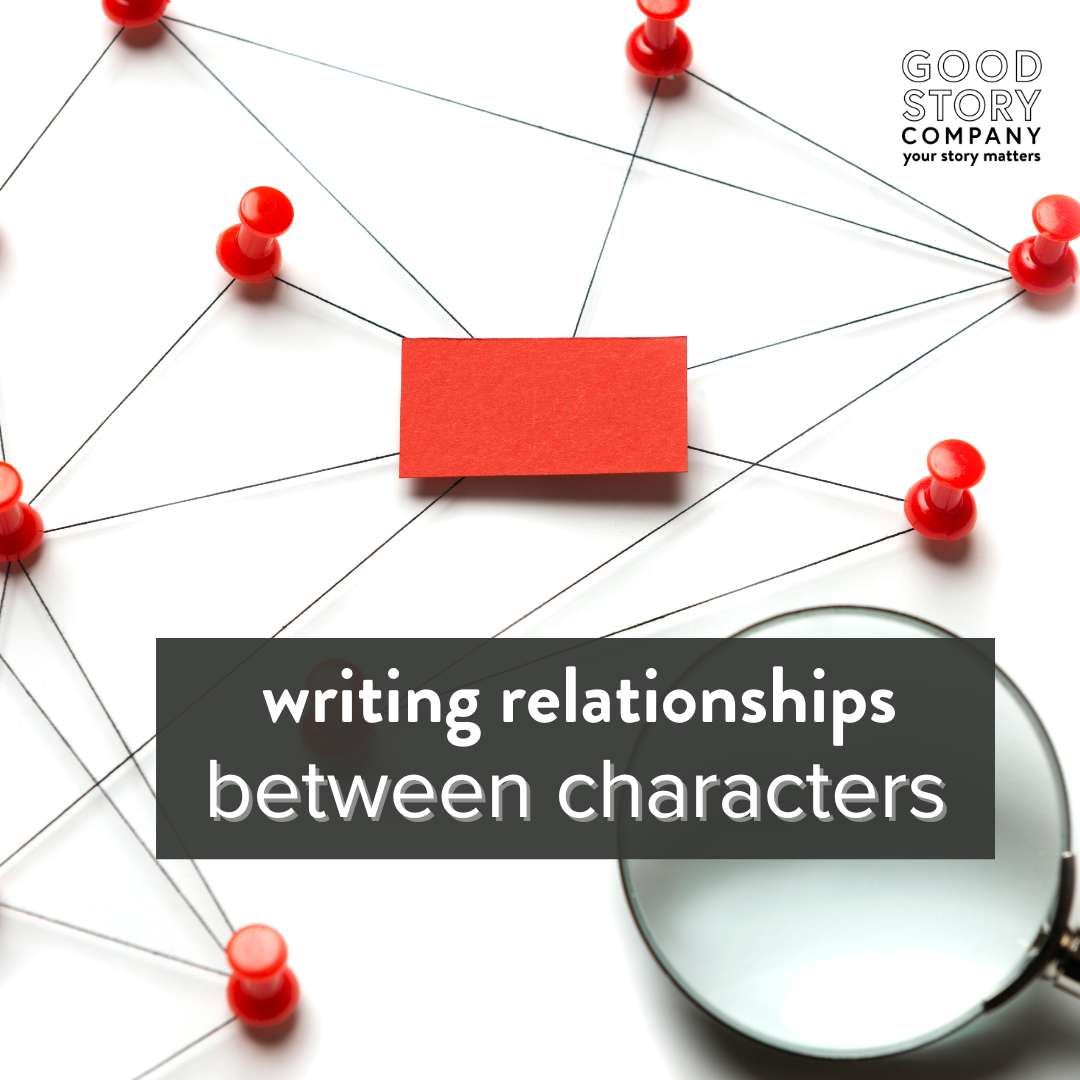
Writing Relationships Between Characters
Populating your world with interesting people can make readers care about your story, and writing relationships between characters can inspire them to ship, daydream, and root for your characters. Here’s how to help them come alive on the page as real, believable people.
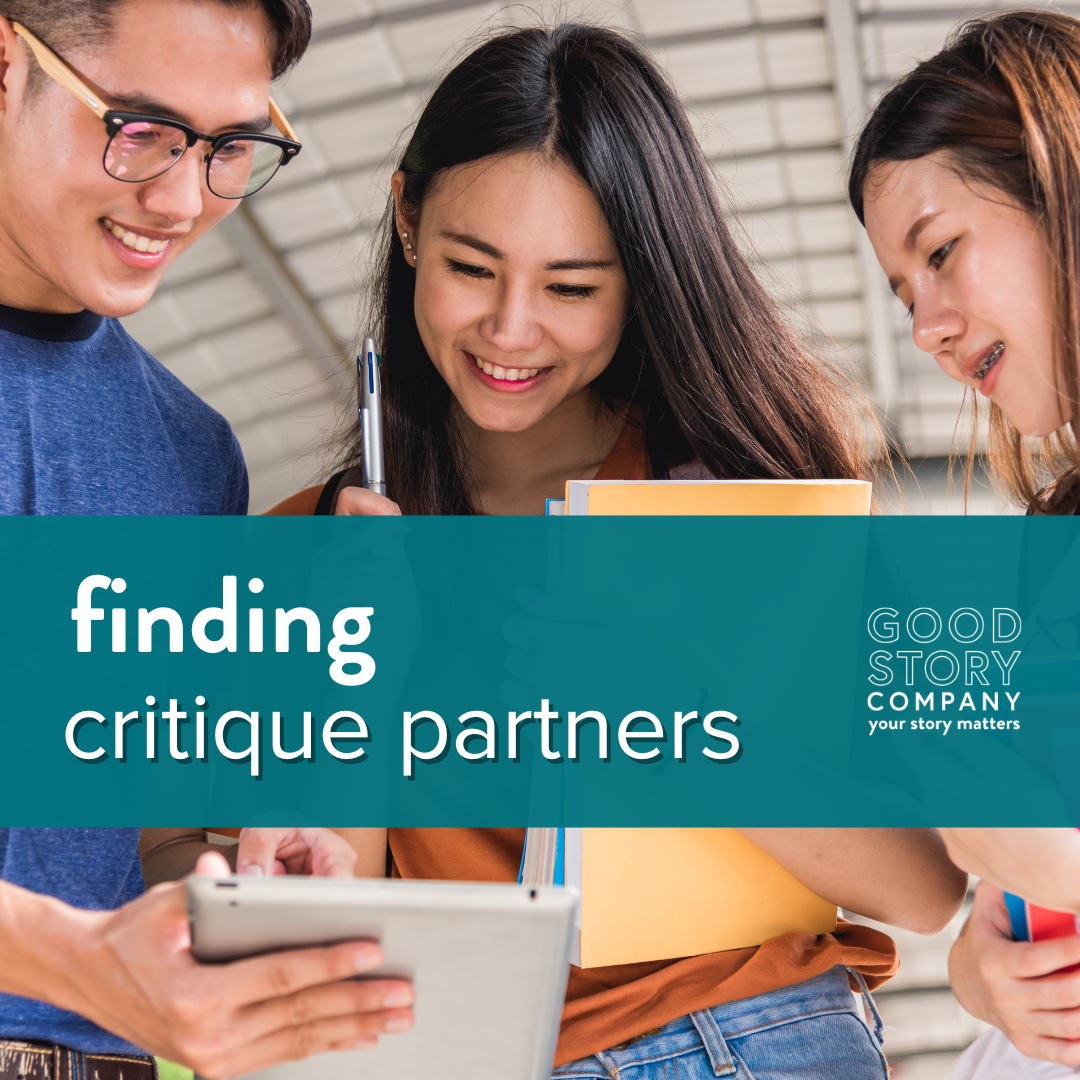
Finding Critique Partners
You’ve typed ‘The End’ on your manuscript, and now you’re ready to get published. Not yet! First, finding critique partners will help you polish your work for submission.

Episode 40: Danielle Marietta, Creator of Books & Things Publishing
Danielle Marietta joins the podcast to discuss Books & Things Publishing, the children’s book sphere, and the importance of promoting diverse authors. Tune in to learn more about Danielle’s writing journey, and her tips on self-publishing, social media marketing, and connecting with your target audience.

How to Describe Emotion
We want our readers to connect emotionally to our characters and to feel their pains and struggles—but it can be tricky to know how to describe emotion to create that connection. Here are some effective ways to describe emotion.
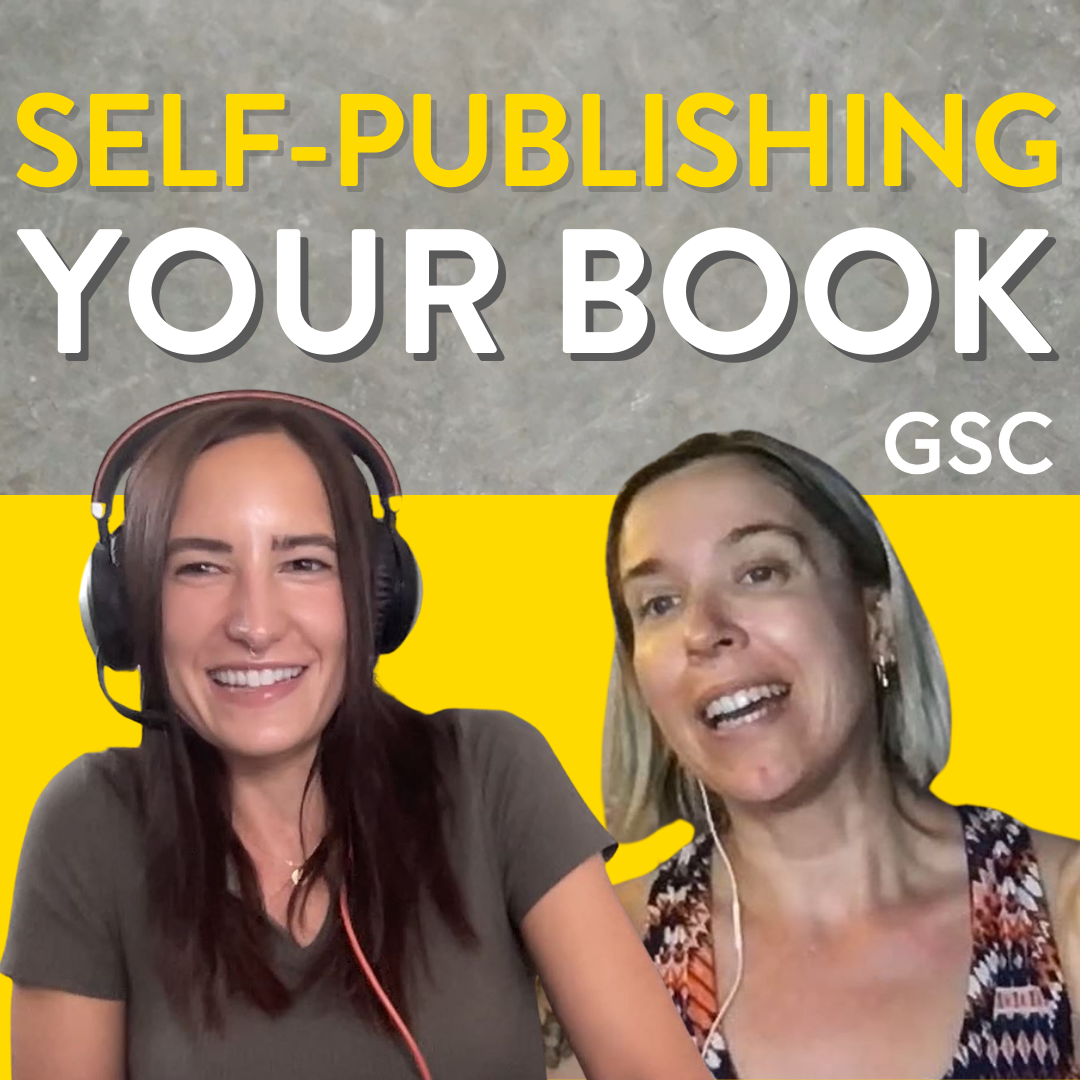
Episode 39: Allison Speka, Self-Published Romance Author
Romance author Allison Speka joins the pod to discuss her journey into writing and self-publishing. She talks about her love for the romance genre and shares her experience with self-publishing, including tips on cover design, book marketing, and the value of learning from other indie authors.

Strategies to Incorporate Agent/Editor Feedback
Once the manuscript has been completed, submitted, and accepted, writers can feel like the bulk of their work is done. It would seem only small corrections should need to be made. Until the agent/editor feedback comes. Use these strategies to incorporate it for stronger work.
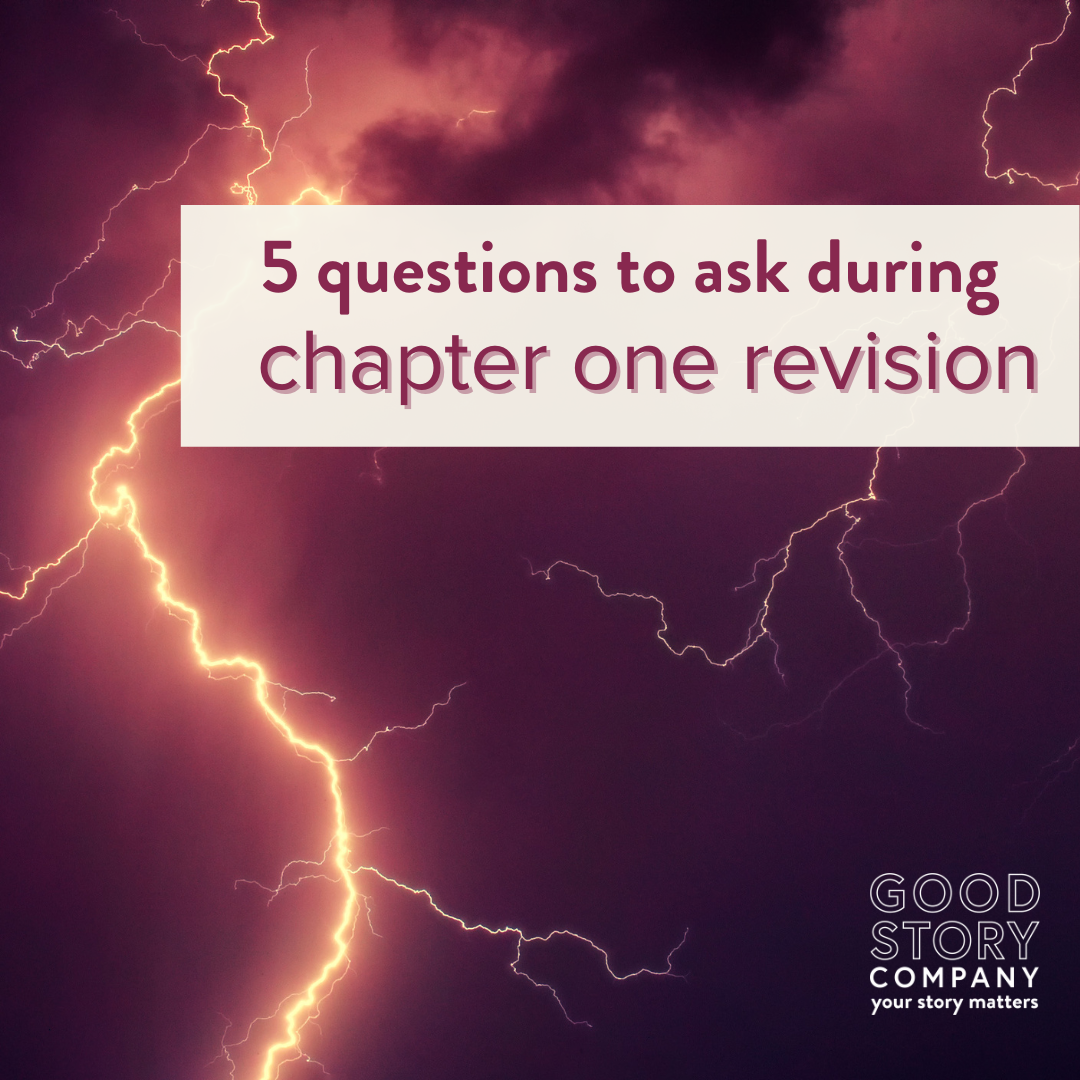
Five Questions to Ask During Chapter One Revision
Once you’ve finished the first draft of your story, it’s time to tackle chapter one revision. Ask yourself the following questions to determine whether your first impression energizes the reader to demand the full story.

What’s After NaNoWriMo?
NaNoWriMo (National Novel Writing Month) is an intense time for writers who participate. I hope it was everything you were looking for. But the end is near. What’s next?
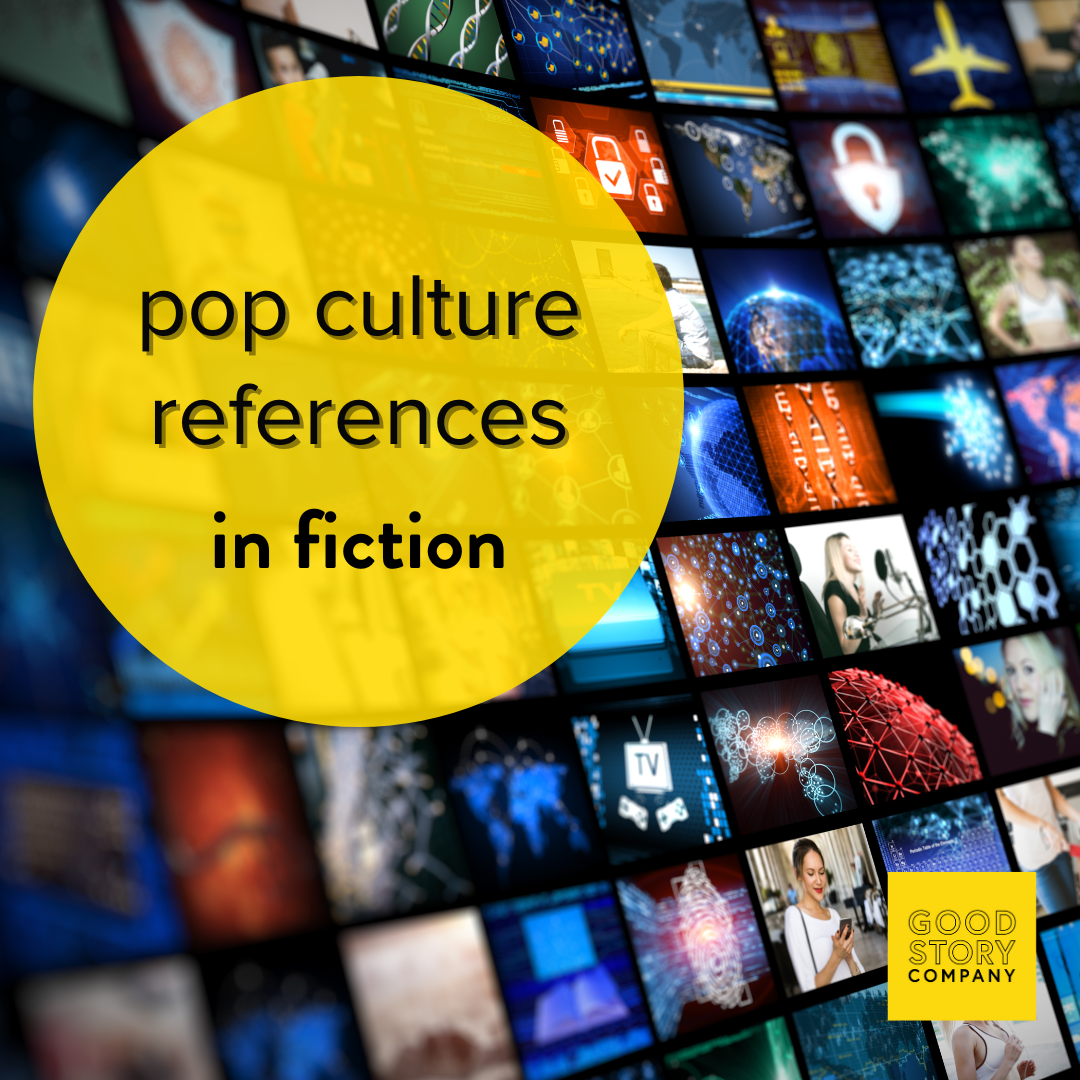
Pop Culture References in Fiction
The question of whether to include pop culture references in fiction can be a sticky one, especially for YA authors, whose target audience is often hyper-aware of pop culture trends.
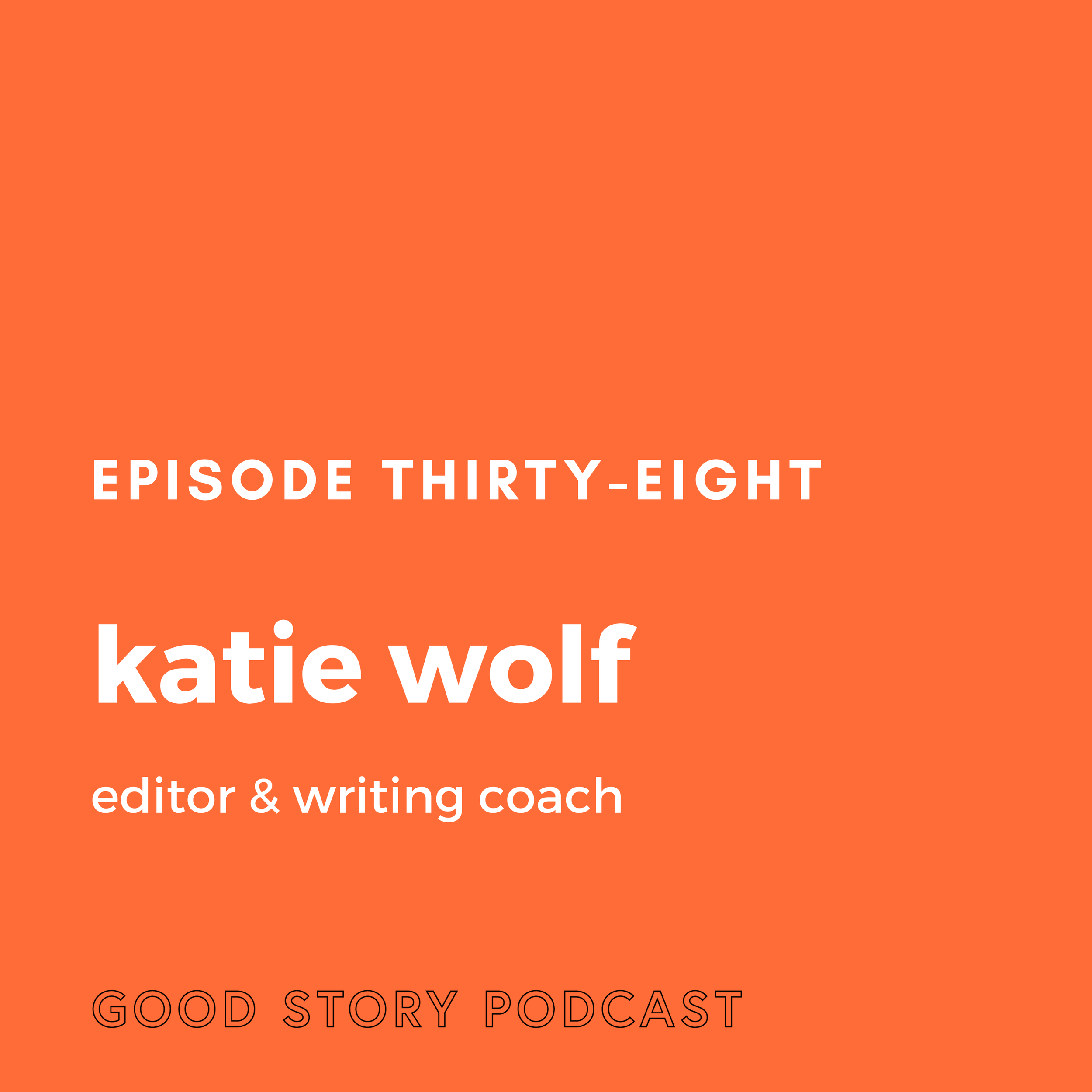
Episode 38: Katie Wolf, Editor and Writing Coach
Katie Wolf joins the pod for an inspiring conversation about getting started in publishing, work-life balance, and writing to market. She also discusses the importance of prioritizing mental health and why self-awareness is key in developing your writing craft.
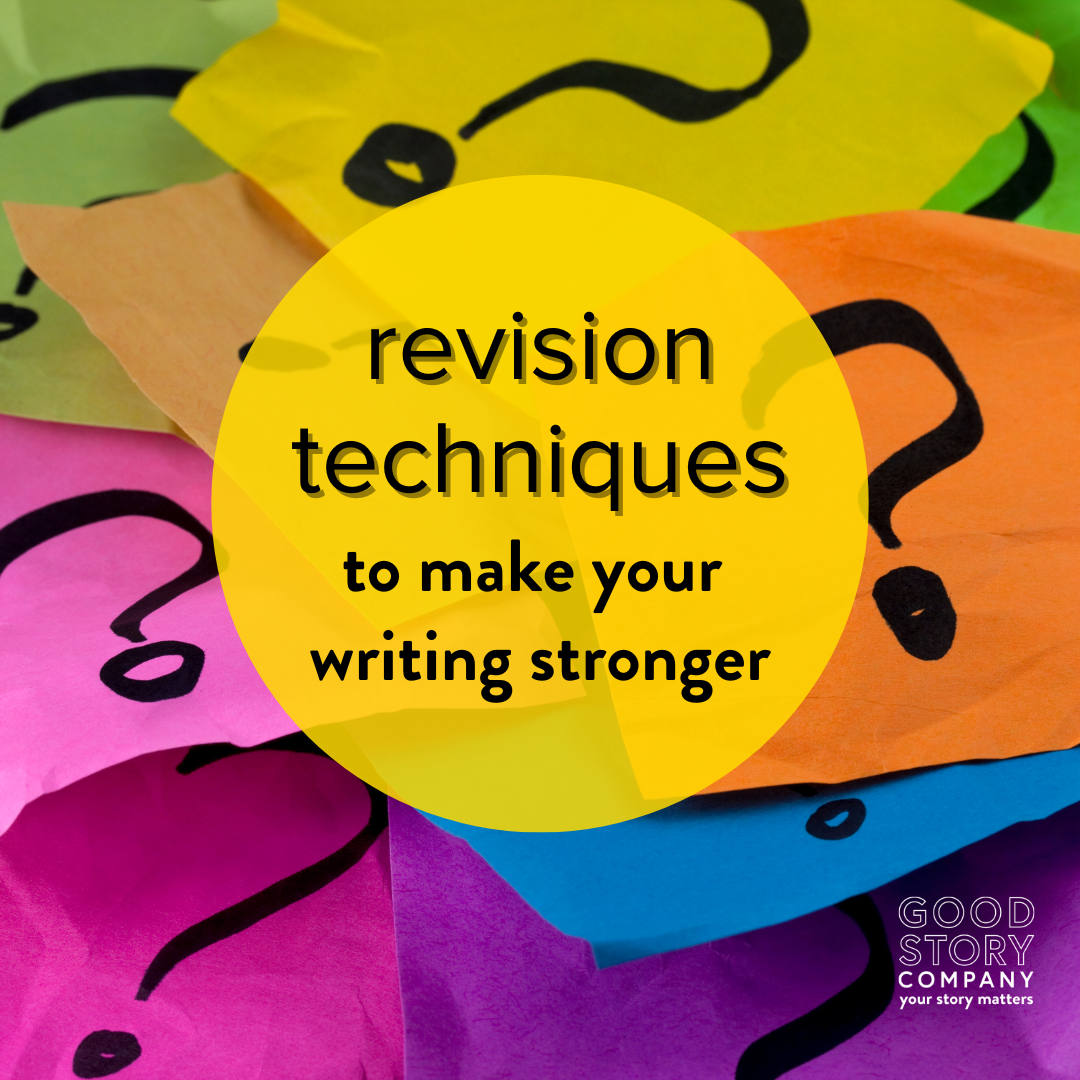
There’s Always a Choice: Revision Techniques to Make Your Writing Stronger
If you've received vague revision instructions like “go deeper," we have some specific revision techniques that'll help you take your work to the next level.
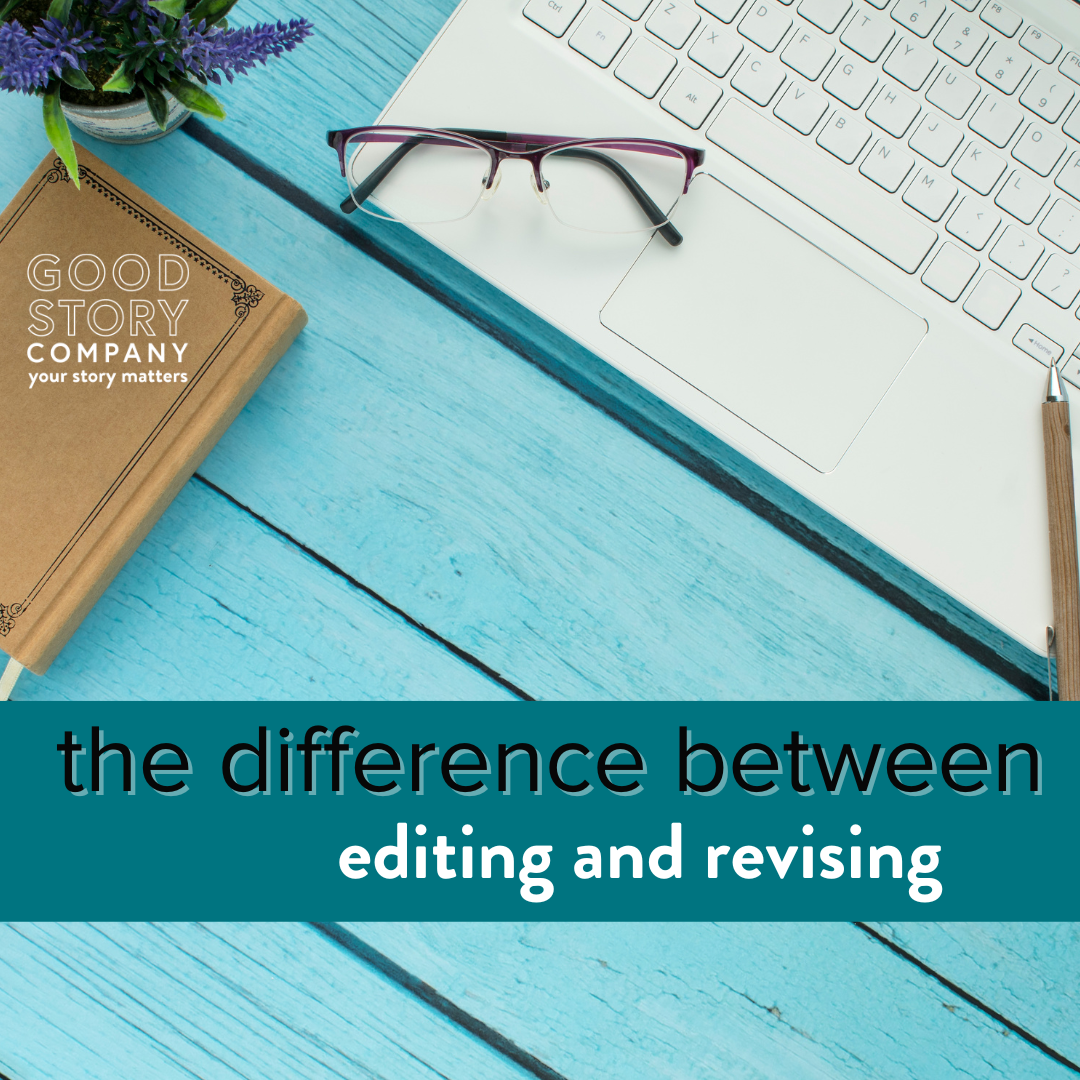
The Difference Between Editing and Revising
There’s an important difference between editing and revising, although writers tend to use “editing” and “revising” as interchangeable terms to mean anything other than drafting. You’ll need to do both, so it’s helpful to understand the difference.
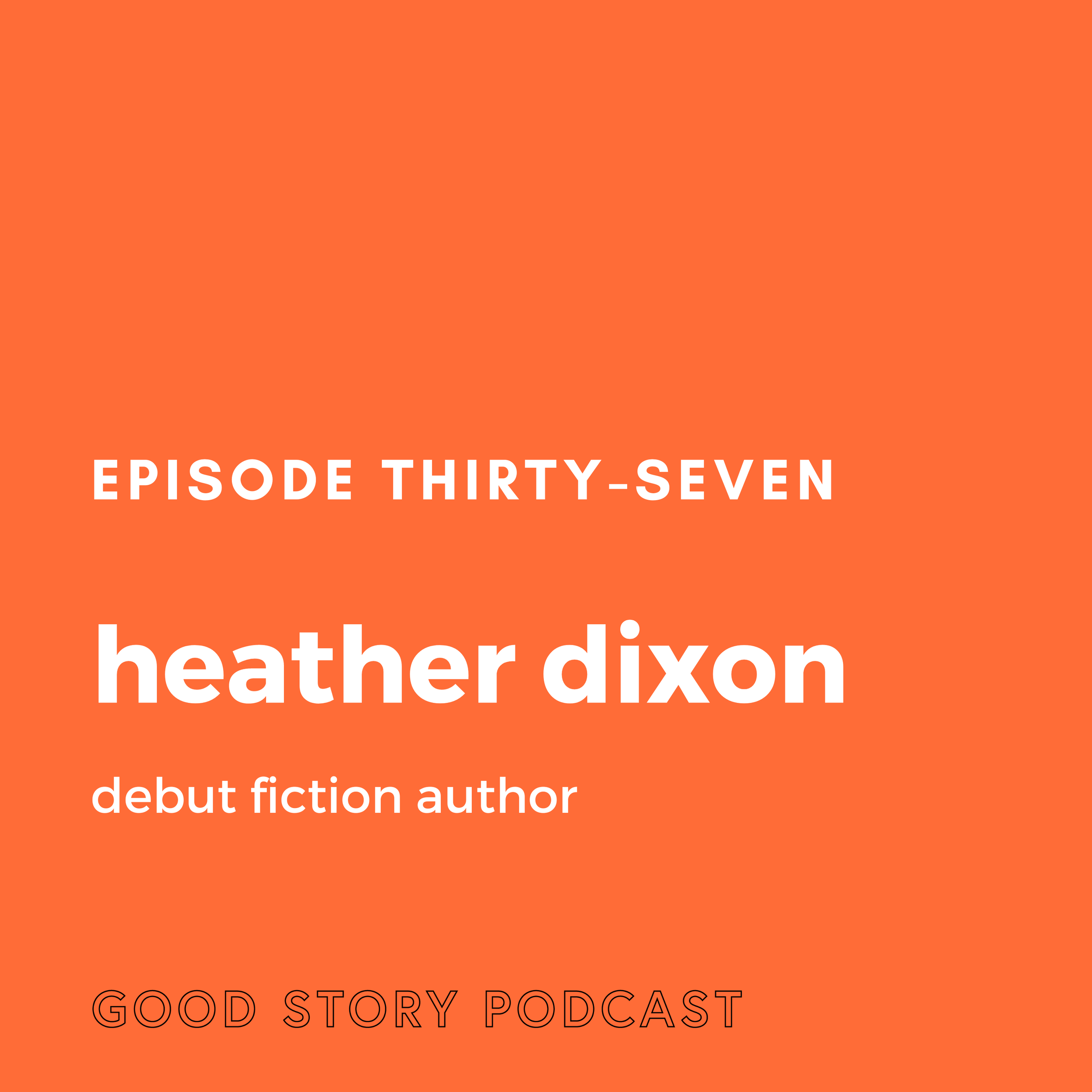
Episode 37: Heather Dixon, Debut Fiction Author
Thriller vs. Suspense... what's the difference? Heather Dixon, whose debut novel Burlington hits shelves this week, chats with Mary Kole about getting published and the appeal of suspenseful women's fiction.

Writing Good Sentences
Writing good sentences is at the heart of telling a good story. However, it’s not the first issue to tackle in revisions. First, finish your draft. Second, step away from your manuscript. Third, edit macro issues such as plot holes, character development, and story arc. Don’t fret about sentence craft until the bones of the story are in place and working well.
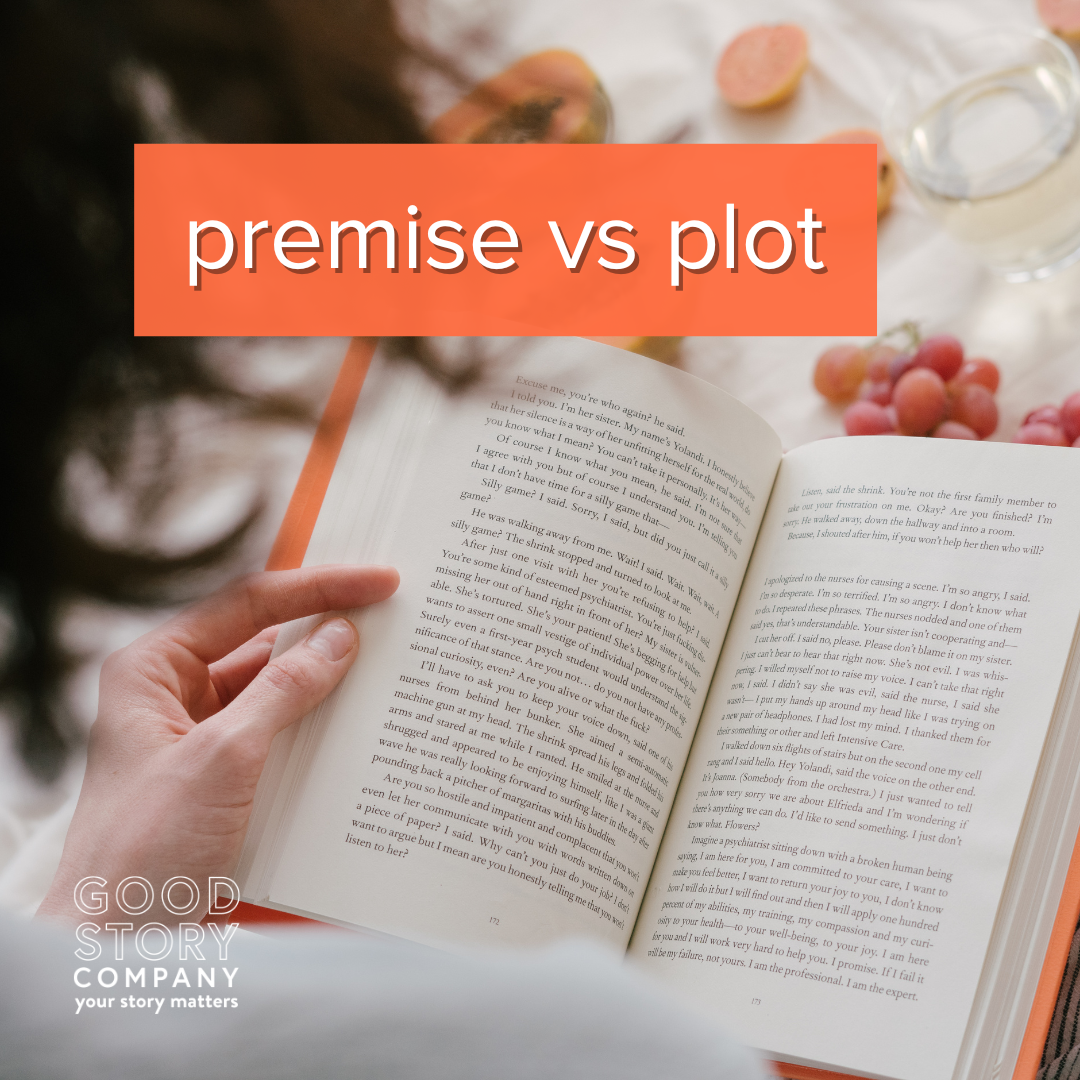
Premise Vs Plot
The concept of premise vs. plot is a common stumbling block for many writers. They’ll think they have a killer idea for a manuscript lined up, but when they sit down to write, the energy fizzles out partway through. Why isn’t a great idea enough?
